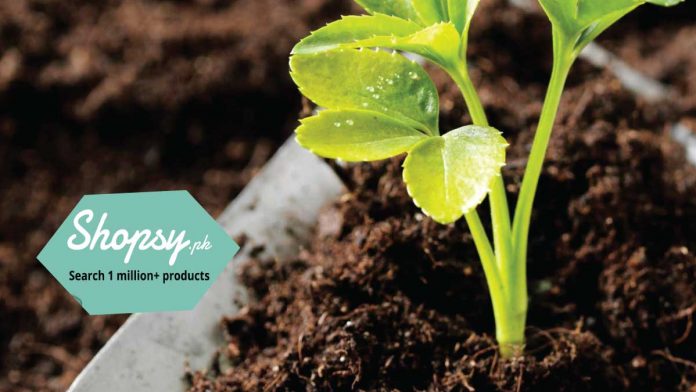The biggest challenge faced by our cities is the ad-hoc collection of untreated waste that rots and decomposes without purpose or care from the government authorities. In the major metropolises of third world countries like India and Pakistan, recycling is limited to plastic and paper but the farmers in the countryside are more conscientious converting their compost waste into organic fertilizer.
The large communities of Horticulture societies are actively pursuing more environmentally friendly strategies in hopes to educate city dwellers to transform organic waste at home into soil-enriching compost. Agriculture techniques can be practiced by individuals living at home in the city, the backyard or front gardens can be a great home for a variety of plants that can be used as food as well as beautify the home as decoration.
Bringing Horticulturists together is most beneficial for a neighborhood or city as they can exchange knowledge, skills, and technologies to produced organic plants for human food and non-food to improve their living conditions. The idea of recycling garden waste such as clipping, dead leaves and weeds is step one to enriching the soil to host seeds. The second step is managing kitchen scraps such coffee grounds, tea leaves, eggshells and fruit peels (especially banana peels) as these are daily items consumed in homes. The manure created from the decomposing mix of these ingredients can be a nourishing, rich and healthy source of energy for the soil.
The guidelines of gardening for vegetables are simple, a little research of the harvest schedule and blooming season is important when choosing what vegetables to plant. Different climates, weather and atmospheres will impact the size, taste and amount of grown from one plantation cycle. The popular veggies to plant are zucchini, peppers, cabbage, beets, chard, lettuce, spinach, cucumbers, radishes, carrots and the king of fresh vegetable being tomatoes. If you are interested quality seeds online then explore shopsy.pk to search different varieties of seeds in cheap price.
There is a significant difference between store-bought and freshly grown organic produce. The popular trend for most department stores is to stack organic produce as an alternative to chemical fertilizer grown vegetables. But this can be an expensive cost and inaccessible for those shopping on a tight budget. The difference in taste and quality can be felt as soon as you smell the vegetable.
For those just starting to plant a vegetable garden at home, it is recommended to buy easy to sow seeds such as herbs like basil or mint for garnish or lavender for fragrance or teas. Picking fresh lemons growing in the backyard blended to make homemade lemonade and adding your own grown fresh mint leaves will make any hot summer day feel relaxing.


